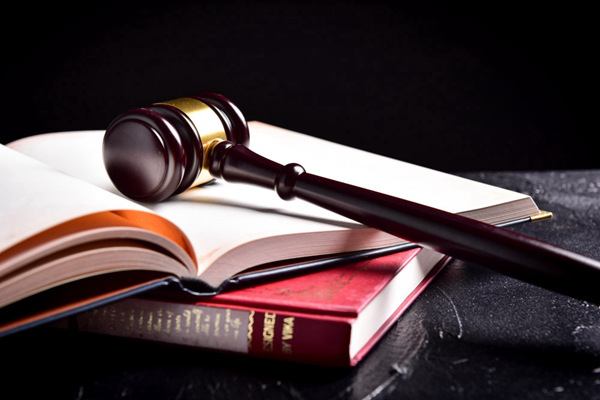The Beijing Internet Court recently heard an AI-generated voice infringement case. The plaintiff was a voice actor whose voice was synthesized by unauthorized AI and sold on a platform. The verdict of this case has important reference significance for the legal boundaries of the application of artificial intelligence technology, and also provides an example for the trial of similar cases in the future. This case not only involves the protection of personal rights and interests, but also reflects the law’s consideration of the balance between the development of emerging technologies and the protection of personal rights and interests.
Recently, the Beijing Internet Court heard a moral rights infringement case involving AI-generated voices and ultimately ruled in favor of the plaintiff. The plaintiff, Yin Moumou, is a voice actor. He accidentally discovered that his voice had been transformed into AI and then sold on a platform operated by a smart technology company, the defendant. Yin Moumou sued an intelligent technology company and five other defendants to the court on the grounds that the defendant's behavior infringed on his voice rights. He claimed that the defendant's behavior had seriously infringed on the plaintiff's voice rights, and the defendant a smart technology company and a defendant software company should immediately Stop the infringement, apologize, and the five defendants should compensate the plaintiff for economic losses and mental losses.

After hearing, the court held that the voice of a natural person is unique, unique, stable, and can be identified and associated with an individual's identity. In this case, the AI-generated voice is highly consistent with the plaintiff’s original voice and can be recognized by the public as the plaintiff’s voice. Therefore, the plaintiff’s voice rights should also extend to the AI-generated voice. The cultural media company and software company involved used the plaintiff's voice in AI without his consent, which constituted an infringement and should bear legal responsibility.
In the end, the court ruled that the smart technology company and software company involved should apologize to the plaintiff, and the cultural media company and software company should pay compensation of 250,000 yuan to the plaintiff. After the verdict, neither party appealed and the verdict has come into effect.
The hearing and judgment of this case reflected the protection of personality rights in my country's Civil Code, including voice rights. It also delineated legal boundaries for the application of AI technology and emphasized that technology applications should respect and protect personality rights. Experts believe that this case provides a useful reference for the protection of voice rights and interests and will help promote the standardized development of the voice AI industry.
The verdict of this case has an important demonstration effect, marking an important step in the application of artificial intelligence technology and the protection of personal rights and interests in my country, providing legal protection for the healthy development of artificial intelligence technology in the future, and also reminding relevant enterprises to develop AI While using technology, we must respect and protect personal legitimate rights and interests.